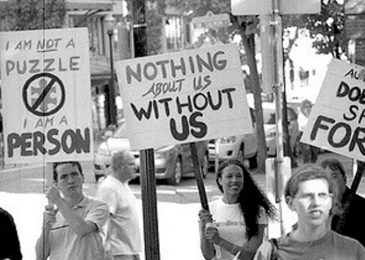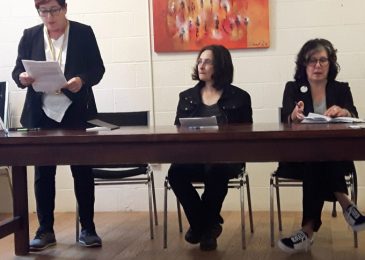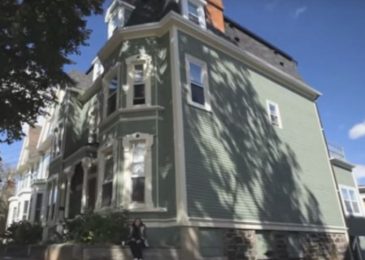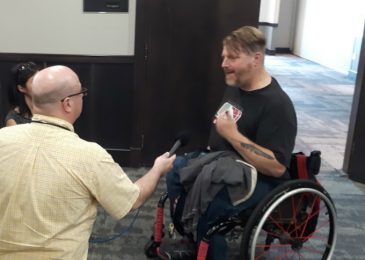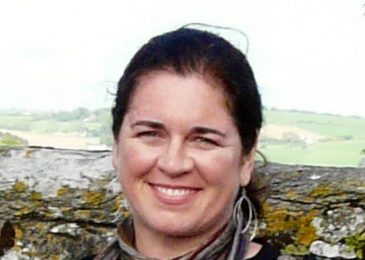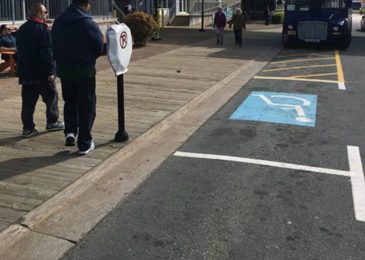Who’s in charge? How autistic activists are excluded from policy making in Nova Scotia and Canada
Any public policy discussion regarding autism is dominated by non-autistic people, be they parents or major autism organizations such as Autism Nova Scotia. This is very much by design, and further reinforced by media coverage, writes Alex Kronstein.

